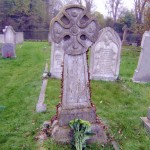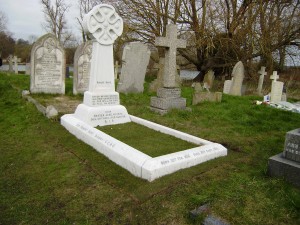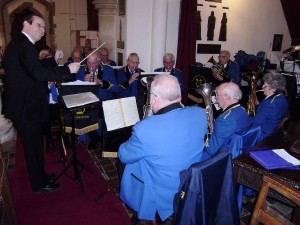Press release, British Embassy Beijing
British Photographs from 1870-1950 Focus on Shared UK-China History
Beijing, 21 March 2013 – tonight British Ambassador to China Sebastian Wood CMG officially opened an exhibition of historical photos of China at the JW Marriott in Beijing. Organised by the British Embassy in Beijing, the exhibit presents China as seen through camera lenses dating back as far as 1870. This is the first time this exhibition has been displayed outside of the UK.
‘Picturing China 1870-1950: Photographs from British Collections’ presents a wealth of images of a country undergoing rapid change in its society, culture and heritage as well as providing snapshots of expatriate life at the end of the 19th and beginning of the 20th centuries.
These images are part of a unique collection gathered from private collections of photographs taken, commissioned or purchased by the tens of thousands of Britons who lived in or visited China from the 1870s until the 1950s.
Sebastian Wood, British Ambassador to China, said: “These wonderful images from British collections provide a unique visual record of the longstanding shared history between the UK and China. They are a reminder of the strength and depth of our relationship, one which is increasingly important to both countries as China continues its development.”
Professor Robert Bickers, Director of the ‘Historical Photographs of China’ project at the University of Bristol, said: “Our project is sustained through the generosity of British-based families whose forebears lived and worked in China, or visited it, and who come forward with wonderfully rich historical materials. Many of these have never been seen before outside their homes, and it is wonderful to be able to share them with audiences in China through this exhibition.”
Dr Alicia Greated, Director of Research Councils UK (RCUK), China, said: “These inspiring photographs bring to life many months of research and investigation and demonstrate the long lasting friendship between the UK and China. Research Councils UK and Chinese funding agencies have made significant steps in enhancing our collaborative research programmes. We very much look forward to further progressing this partnership in the future.”
David Wilson, Managing Director of JW Marriott Hotel Beijing, said: “We are delighted to host this exhibition, ‘Picturing China 1870s-1950s: Photographs from British Collections’, with the British Embassy Beijing. It gives us the chance to share images of Chinese culture and heritage in bygone times with our guests living or travelling in Beijing, images which we are sure will leave a lasting impression.”
The Beijing exhibition, ‘Picturing China 1870-1950: Photographs from British Collections’, has been sponsored by the JW Marriott Hotel Beijing. The images on display come from the ‘Historical Photographs of China’ project at the University of Bristol, which is funded by the Arts and Humanities Research Council through the British Inter-university China Centre, and the British Academy.
Media Contact:
Martin Cui, Communications Officer (Prosperity)
British Embassy Beijing
T: +86 (10) 5192-4286



